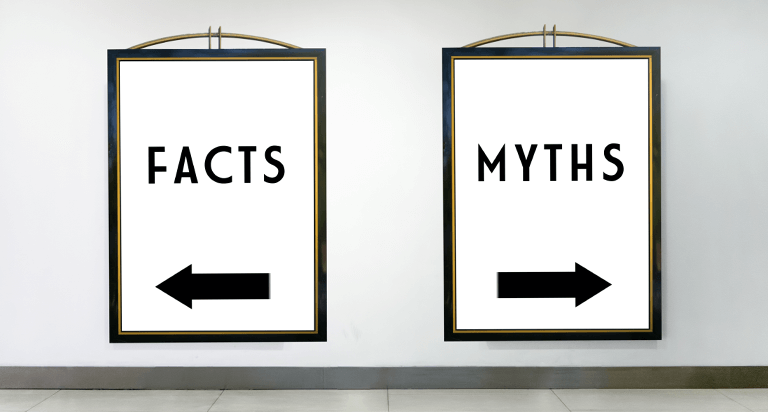Credit Myths And Facts You Should Know

As part of myEquifax, you'll receive free Equifax credit reports each year. It's free!
Access free credit reports from each of the nationwide credit bureaus each week.
You may be entitled to additional free credit reports under certain circumstances.
Another way you can receive a copy of your free credit report from the three major credit bureaus is by meeting one of the following requirements as outlined in the Fair Credit Reporting Act.
If you meet one of these requirements, you are entitled to one additional free copy of your credit report during any 12-month period:
You are also entitled to a free copy of your credit report if you meet these requirements:
If you live in certain states, you may be eligible for additional free credit reports.
Ever wondered what information goes into your credit report, and what to look for as you’re reviewing it? A credit report is a summary of your unique financial history. The three nationwide credit bureaus collect and maintain a history of your credit activity as reported by the lenders and creditors you have accounts with. Your credit report includes important information about you, including:
As you look at your credit report, keep the following in mind:
Your credit reports tell a detailed story about you, including information about your financial accounts, and your payment history. Those who can access this information, including third parties with “permissible purpose”, may accept or deny your applications for credit based in part on the information in your credit reports, as well as their own lending criteria.
The more you know about your financial accounts and credit history before making a big decision like buying a house or a car, the more prepared you will be to take on the financial obligations that may happen as a result.


In connection with various settlements, Equifax is making at least six additional free Equifax credit reports each year available online to U.S. consumers on annualcreditreport.com until December 31, 2026. These reports are included in the free weekly Equifax credit reports currently offered on annualcreditreport.com through April 2021.